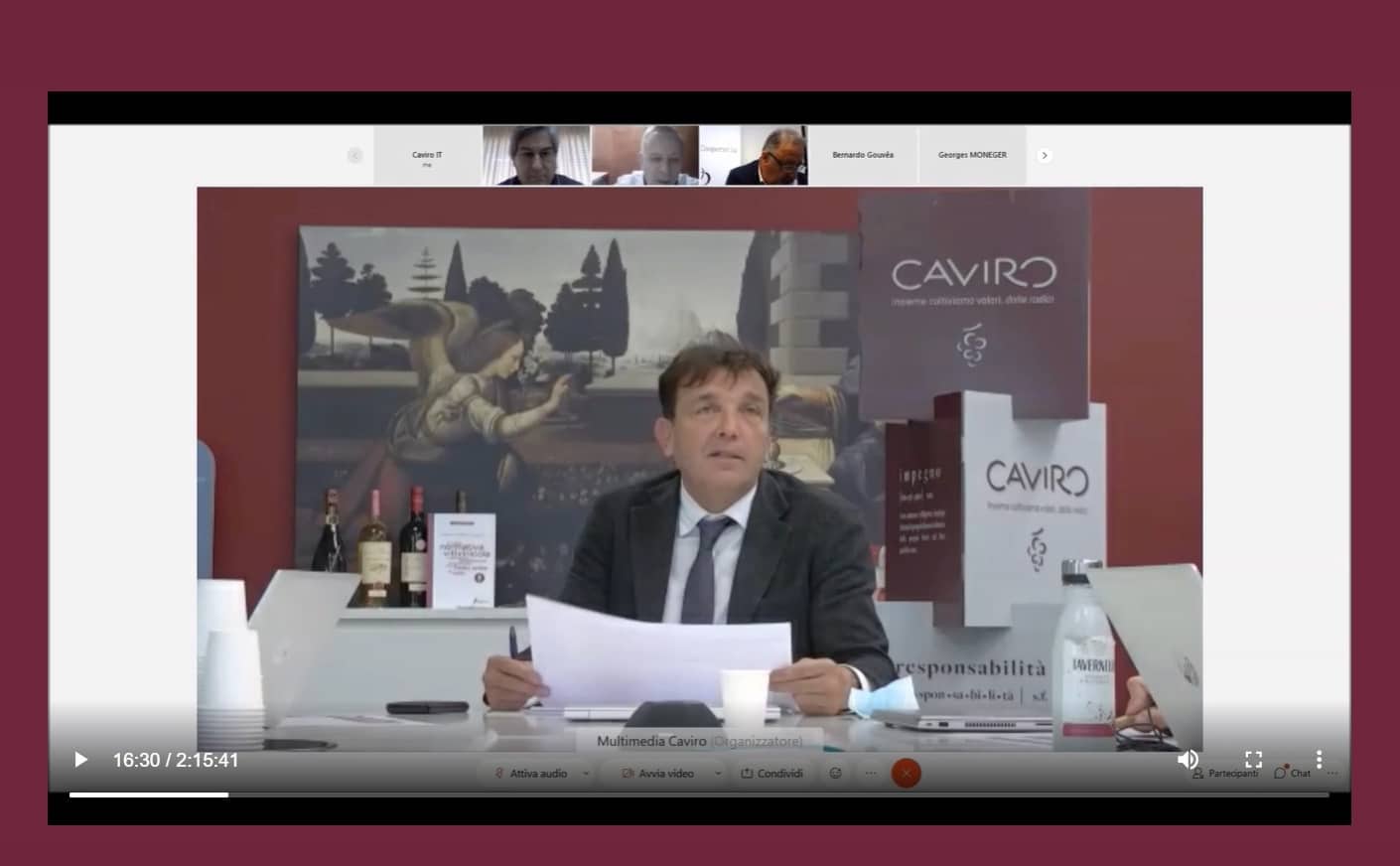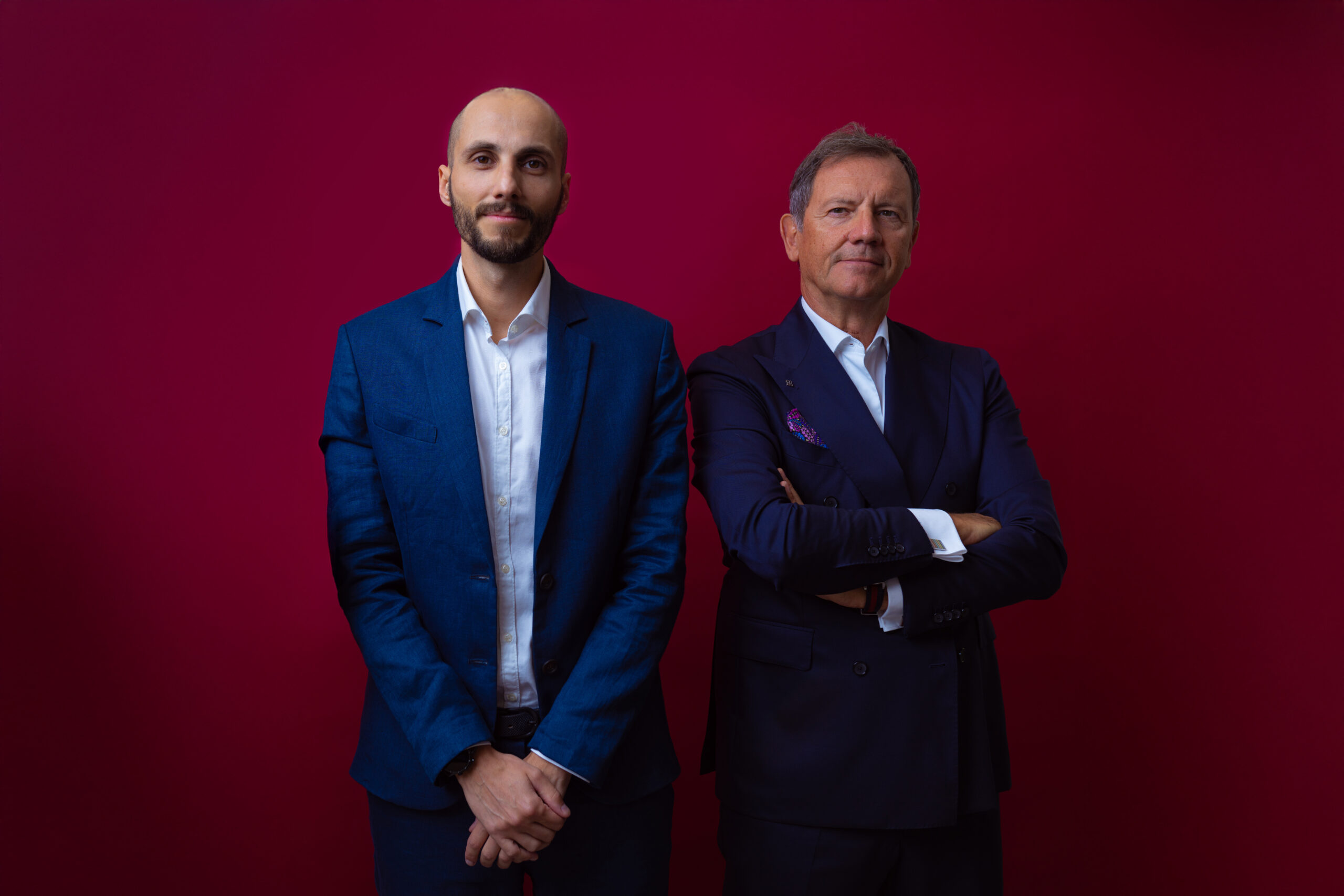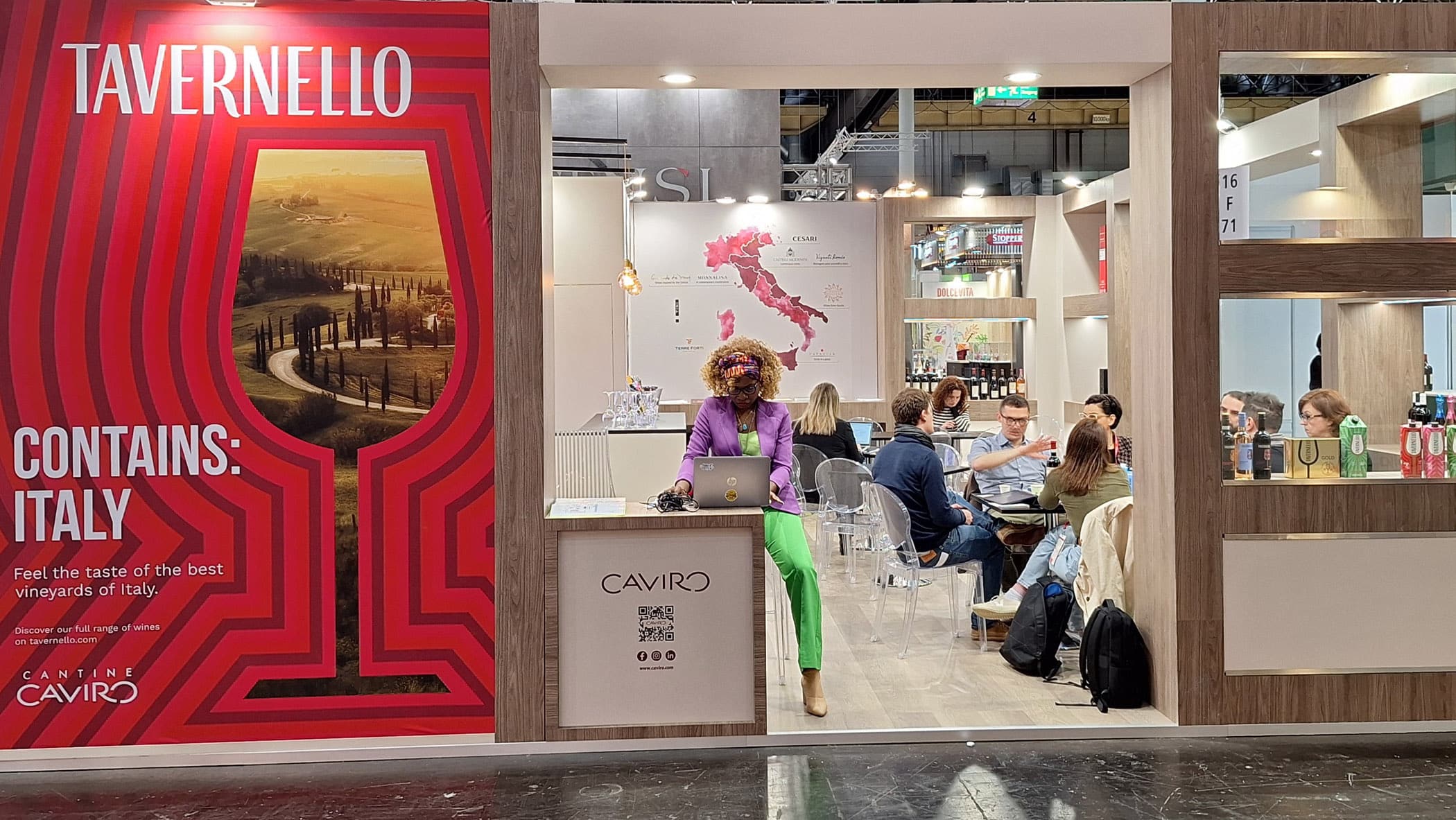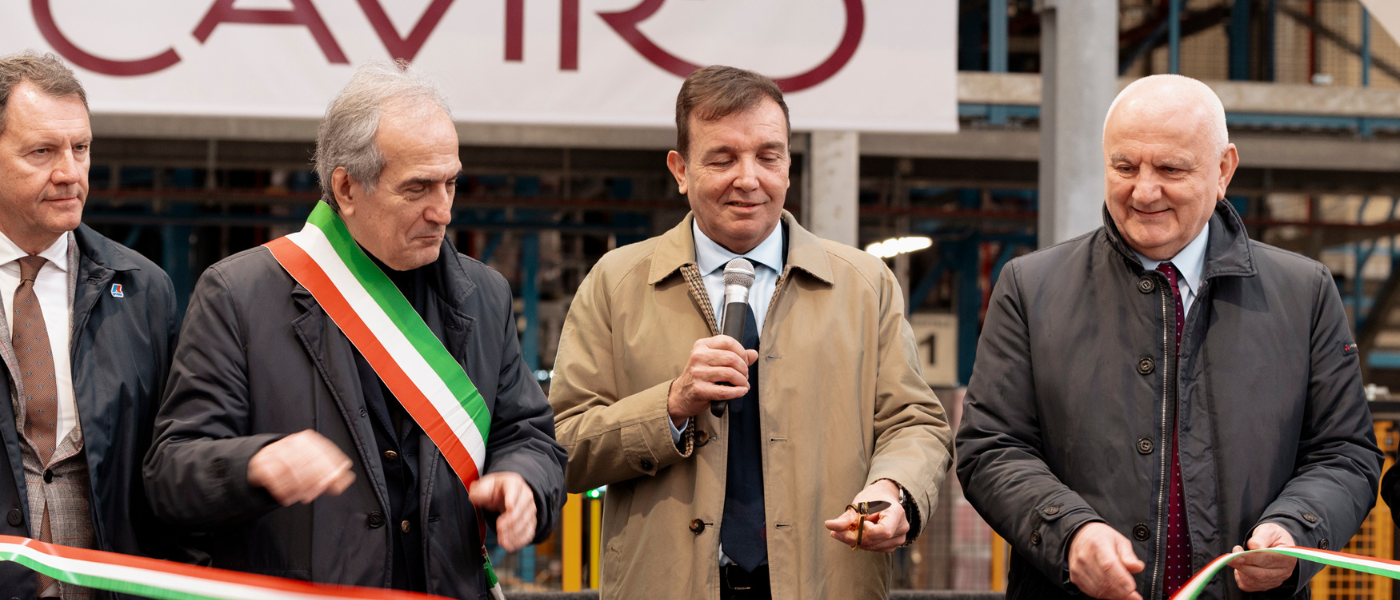A new meeting of the World Forum of Wine Cooperatives has taken place, attended by several organizations from Argentina, Brazil, Uruguay, Chile, France, Spain, Portugal, and Italy.
The event was coordinated by Caviro Group and its president Carlo Dalmonte, who also chaired the Forum over the past year. At the end of the meeting Dalmonte passed the baton to the president of the cooperative Fecovita, Eduardo Sancho (Argentina), who is going to coordinate the forum for the next 12 months.
Many issues were discussed, from the value of wine as a cultural and agricultural element to the importance of cooperative model (both as a response to the need for ethical, economic, and environmental sustainability and as an antidote to the difficulties many farms could face with respect to some aspects of the Green New Deal).
Towards environmental sustainability
“In this historical moment, we are distant from each other, but today’s virtual meeting is an important opportunity to discuss the issues that, as cooperative entrepreneurs, unite us most – commented Carlo Dalmonte, President of Caviro Group –.Europe is heading in the direction of environmental sustainability along the path of the so-called Green New Deal. This is good for the environment and new generations, but we must also focus on protecting our producers that cannot be left alone to pay the bill of this complex transition, furthermore in a stressful situation caused by climate change. This is a difficult challenge, and we – as Italian cooperatives – have asked the institutions to follow the guidelines of gradualness, reciprocity, and rationality. Cooperation has much to say, because it represents a healthy model attentive to the person”.
“Today sustainability is a key value, but it’s not something cooperatives have discovered with the Green New Deal – confirmed in his speech Luca Rigotti, National Coordinator of the wine sector of the Alliance of Italian Cooperatives –. Cooperative model will be useful for overcoming the crisis, nonetheless support must be provided for the market to recover. We need to move forward in the same direction both on a national and European level, so that everyone can undertake this path. Directives provided for sustainability take time, studies, research, and we need a perspective of sharing, of common future”.
Effects of the pandemic on the wine market
In the difficult pandemic context, the wine market has endured. “The most critical point for our sector is the blockade of the Horeca channel – also reported Dalmonte –, a condition inherent in the economic and social drama that some sectors are experiencing, including tourism and restoration. Large wine companies held up well, because there hasn’t been a drop in consumption but a change, more oriented to domestic use. In this scenario, we keep pursuing a perhaps divisive but crucial issue for us: the elimination of beet sugar from wine. Our belief is that only the fruit of the vine goes in the bottle, since everything we need for vinification is already in the bunch”.
The culture of wine as an identity food
“Sometimes wine, as an alcoholic beverage, has to face attacks – pointed out Professor Luigi Moio, Vice-President of Oiv, the International Organisation of Vine and Wine –. But wine is no spirits and cannot be paired to strong drinks; wine can actually be a powerful means of education in moderation and responsible drinking. Drinking wine means taking part in a proper ceremony involving social, convivial, traditional and historical perspectives”.
Professor Moio then offered his view about cooperative model: “I visited many of the countries gathered here today, I was impressed by the organisation these cooperatives have and the quality of wine they express. The role of cooperatives is extraordinary and has risen over the past years. It’s an evolution of skills and quality that boosted the world wine production, providing work culture and ethic of wine as an agricultural product. We must not forget that making wine is not an industrial work, there are no recipes to produce it. Cooperation is also equipped to pursue sustainability on all levels, since they have control on the production chain, can provide guidance, network processes and ensure greater security. Also, by pursuing a circular economy model, through distillation processes and processing of by-products”.



